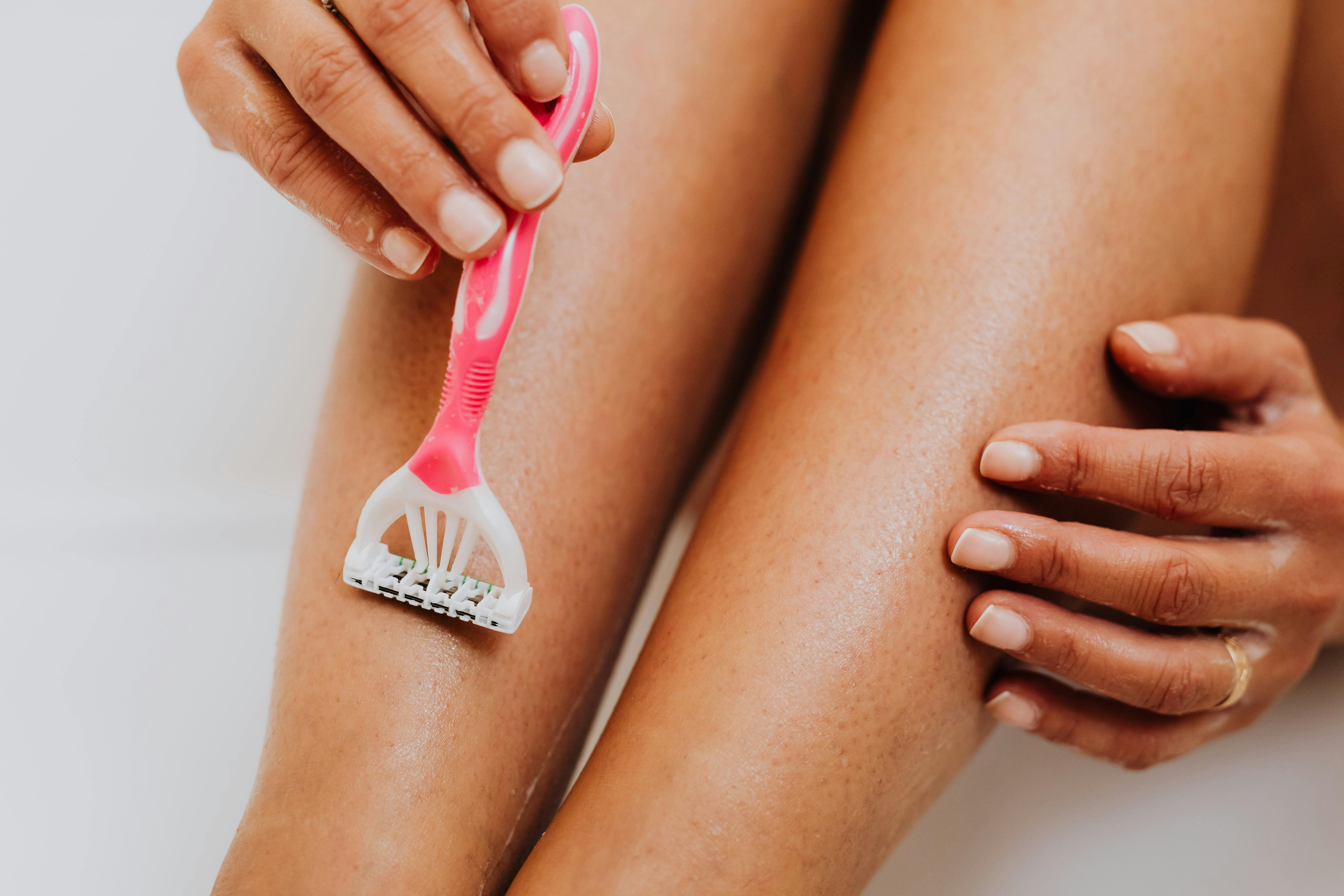Effective Ways to Prevent UTI After Sex: Essential Tips for 2025
Urinary tract infections (UTIs) are a common concern for many individuals, particularly after sexual activity. For many, enjoying intimacy can be clouded by the fear of these uncomfortable infections. Understanding how to prevent UTI after sex is essential not just for physical health but also for overall sexual wellness. In this guide, we will explore effective UTI prevention tips tailored for 2025, including essential practices and lifestyle changes that contribute to bladder health.
Notably, hydration plays a crucial role in UTI prevention. Drinking an adequate amount of water helps flush out bacteria and keep the urinary tract healthy. Incorporating cranberry supplements can also be beneficial due to their natural properties that support urinary tract health. Moreover, learning about proper hygiene, effective communication with partners, and understanding the body's responses can lead to healthier sexual practices. By following these tips, you can significantly decrease UTI risk and enjoy a better sexual experience.
In the following sections, we will cover a variety of UTI prevention strategies, including dietary changes, hygiene practices, and lifestyle adjustments. We will also discuss when it’s necessary to seek medical advice and how understanding your body can help in preventing UTIs. Key takeaways will equip you with the knowledge and tools needed to enjoy a healthy and fulfilling intimate life while minimizing the risk of infections.
Hydration: The Foundation of UTI Prevention
Importance of Drinking Water
Staying well-hydrated is an essential practice for preventing UTIs. Adequate hydration aids in flushing out harmful bacteria from the urinary tract, reducing the risk of infection. Aim to drink at least 8-10 glasses of water daily, especially around the time of sexual activity. This habit not only supports bladder health but also promotes overall bodily functions.
Urination Schedule for Optimal Health
Establishing a regular urination schedule can aid in maintaining a healthy urinary tract. Urinating frequently, especially after sexual intercourse, helps in flushing out any bacteria that may have entered during intimacy. This practice, known as post-coital urination, is a key preventive measure that many overlook.
Cranberry Supplements and Their Benefits
Cranberry supplements are widely recognized for their potential benefits in UTI prevention. The active compounds in cranberries may help prevent bacteria from adhering to the urinary tract lining. Incorporating cranberry juice or supplements into your routine can be a proactive approach to UTI prevention. However, it’s advisable to discuss with a healthcare provider to determine suitable dosages.
Dietary Changes for Bladder Health
Making specific dietary changes can further enhance UTI prevention efforts. Consuming a high-fiber diet, reducing sugar intake, and avoiding certain bladder irritants, such as caffeine and alcohol, can significantly improve urinary tract health. Focus on a bladder-friendly diet rich in fruits, vegetables, and whole grains to support overall well-being.
Consulting Healthcare Providers for Personalized Advice
Regular checkups and consultations with a healthcare provider can offer personalized advice tailored to your unique health needs. Discussing UTI risk factors, ongoing medical conditions, and lifestyle choices can help in developing a comprehensive prevention strategy. Knowledge is power, and being proactive about your health can help you avoid recurrent infections.
Building on these hydration fundamentals, let’s move to the importance of proper hygiene practices in maintaining urinary tract health.
Proper Hygiene Practices for Sexual Wellness
Pre- and Post-Sex Hygiene Routines
Implementing proper hygiene routines before and after sex is crucial in preventing UTIs. Washing the genital area prior to sexual intercourse can reduce the presence of bacteria. After sex, it’s advisable to urinate and clean the area again to further decrease the risk of infection. Utilizing gentle, non-irritating feminine hygiene products can protect against inflammation and maintain optimal vaginal health.
Choosing Personal Care Products Wisely
When selecting personal care products, it is essential to avoid irritants such as scented soaps, douches, and deodorants designed for the genital area. These can disrupt the natural balance of the vaginal microbiome and increase susceptibility to UTIs. Opt for hypoallergenic and fragrance-free products to ensure comfort and protection.
Effective Communication With Partners
Open communication with your sexual partner about hygiene practices and UTI prevention strategies is key to a healthy relationship. Discussing hygiene routines, including washing and urinating, can lead to improved mutual understanding and prevention measures. Establish a practice of checking in with each other, ensuring both partners feel comfortable and informed.
Managing Underlying Conditions
If you have existing medical conditions, such as diabetes or recurring UTIs, effectively managing these can significantly reduce UTI risk after sexual activity. Regular monitoring and coordinated care with your healthcare provider are essential in addressing any complications or health concerns that may arise.
Pelvic Floor Exercises for Enhanced Support
Performing pelvic floor exercises, commonly known as Kegel exercises, can help strengthen the muscles that support the bladder and urinary tract. These exercises not only enhance bladder control but also improve sexual health and intimacy experiences. Consistent practice can lead to improved bladder function and a more enjoyable sex life.
With hygiene practices established, it is essential to consider additional preventative measures to further enhance UTI prevention post-sex.
Additional Preventative Measures for UTI Prevention
Utilizing Probiotics to Maintain Vaginal Flora
Probiotics play a vital role in maintaining a healthy vaginal microbiome, which can impact urinary tract health. Consuming probiotics, either through supplements or probiotic-rich foods, helps balance the microbiome and can reduce the risk of UTIs. Be sure to choose strains specifically beneficial for women’s health.
Estrogen Therapy for UTI Prevention
For women experiencing menopause, estrogen therapy can be beneficial in preventing UTIs. It aids in restoring the vaginal flora and maintaining the health of the urinary tract. Consult with a healthcare provider to discuss the appropriateness and potential benefits of estrogen therapy in your preventive health strategy.
Understanding Safe Sexual Practices
Practicing safe sex is not only essential for preventing sexually transmitted infections (STIs) but also critical in reducing UTI risk. Using protective barriers, such as condoms, can help minimize the introduction of bacteria to the urinary tract during sexual activities. Additionally, being mindful of partner communication about previous infections and overall sexual health can foster safer intimacy.
Identifying and Avoiding Bladder Irritants
Identifying bladder irritants that can exacerbate UTI symptoms is essential in prevention. Common irritants include caffeine, artificial sweeteners, and spicy foods. By keeping track of dietary intake and understanding personal triggers, you can make informed choices and minimize irritations.
Maintaining a Healthy Lifestyle for Urinary Health
Embracing a holistic approach to health by maintaining a healthy lifestyle can support urinary tract health. Engage in regular physical activity, manage stress levels, and incorporate a balanced diet. Lifestyle adjustments, such as avoiding hot tubs and managing yeast infections, can further support bladder health and decrease UTI risk.

Taking these preventive measures into account, it’s also important to discuss any persistent concerns with a healthcare provider for tailored advice and evaluation.
Q&A: Addressing Common Concerns About UTI Prevention
What should I do if I suspect I have a UTI?
If you think you might have a UTI, promptly consult with your healthcare provider. Common symptoms include painful urination and an urge to urinate frequently. Early diagnosis and treatment help prevent further complications, including kidney infections.
Do cranberry supplements really help prevent UTIs?
Cranberry supplements can help prevent UTI recurrence by preventing bacteria from adhering to the bladder's walls. However, they should be used as part of a broader prevention plan, including proper hydration and hygiene practices.
How can I maintain my vaginal health?
Maintaining vaginal health involves proper hygiene, balanced diet, and considering the use of probiotics. Avoiding irritating products can also ensure a healthy vaginal environment conducive to UTIs prevention.
When should I seek medical advice regarding UTIs?
Consult a healthcare provider if you experience frequent UTIs, persistent symptoms, or if you have concerns about preventative measures. They can provide personalized care tailored to your specific needs.
How can I effectively communicate with my partner about UTI prevention?
Openly discussing UTI prevention with your partner involves educating each other on hygiene practices and the importance of post-coital urination. Building a supportive environment allows for healthy intimacy and awareness.

In summary, understanding effective ways to prevent UTI after sex is vital for maintaining urinary tract health and enjoying a fulfilling intimate life. By incorporating knowledge on hydration, hygiene, and lifestyle changes, you can significantly reduce your risk of infections while enhancing your overall well-being. Proactive measures and open communication with healthcare providers play a crucial role in achieving long-term health benefits and avoiding urinary tract infections.
